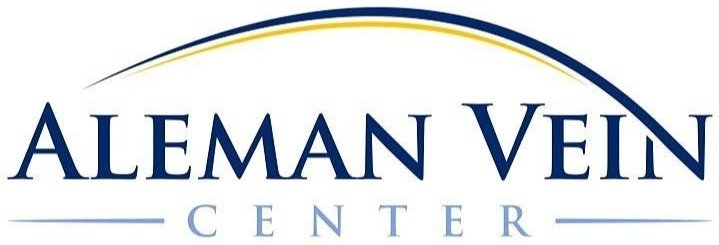What is the difference between arteries and veins?
One of the more common areas of confusion we encounter is the difference between arteries and veins. Many people report that they or a family member may have had “bad circulation” in the past, but they are uncertain which side of the circulatory system is involved. Diseases of the arteries and the veins are two completely different disease processes with different risk factors, symptoms, and treatments.
Arteries and veins are both types of blood vessels that are part of the circulatory system, but they have some key differences:
1. Function: Arteries carry blood full of oxygen away from the heart and to the body's tissues, while veins carry the “dirty” blood full of waste products of metabolism back to the heart.
2. Structure: Arteries have thick, muscular walls that are able to withstand the high pressure of blood being pumped from the heart. Veins have thinner walls and are not designed to withstand high pressure. When your blood pressure is measured, that is the pressure measurement in your arteries.
3. Valves: Veins have one-way valves that help prevent blood from flowing backward, while arteries do not have valves. It is the valve failure that causes varicose veins, spider veins, and venous insufficiency.
4. Blood flow: Blood flows rapidly in arteries due to the high pressure from the heart, while blood flows more slowly in veins due to lower pressure.
5. Oxygen content: Arteries carry oxygenated blood, while veins carry deoxygenated blood. However, there are some exceptions, such as the pulmonary arteries and veins, which carry oxygen-depleted and oxygen-rich blood, respectively, to the lungs.
Overall, while arteries and veins have some similarities, they have distinct differences in their structure and function that are important for the proper functioning of the circulatory system. Treatment of the vein problems is very different from treatment of arteries. Diseases of the arteries are typically treated by vascular surgeons. Most vascular surgeons focus on diseases of the arteries, but they may “dabble” in veins. If you have problems with your veins, you really are better served by seeing a vein specialist who dedicates 100% of their practice to the problem that you have. At Aleman Vein Center, we have over 15 years of experience doing just that.

